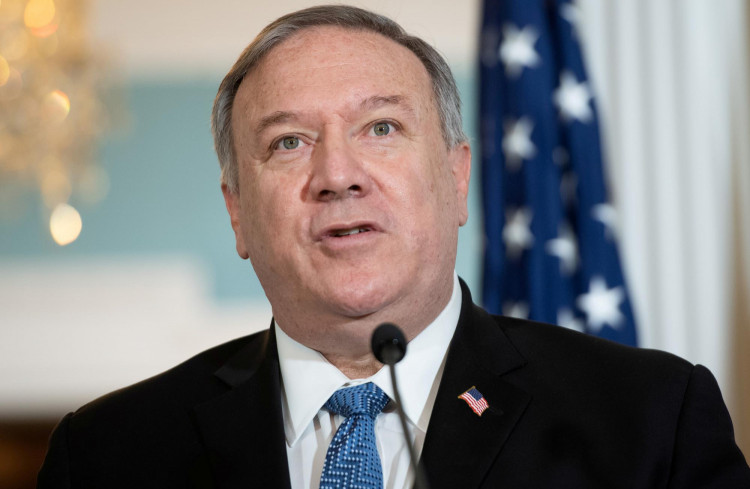The U.S. is placing Cuba back on its list of state sponsors of terrorism for supporting acts of international crime, Reuters and others reported Tuesday.
China criticized the move Tuesday, urging the U.S. to improve relations with Cuba. "We firmly oppose the U.S. imposing political suppression and launching economic sanctions on Cuba in the name of fighting terrorism," Foreign Ministry spokesman Zhao Lijian said. "We believe that the U.S. should develop normal state-to-state relations with Cuba on the basis of equality and mutual respect."
The incoming administration of Joe Biden wants to revive a Barack-Obama-era detente with Cuba. That might include reducing restrictions on travel, investment and remittances for the island nation that are perceived to disproportionately hurt Americans and ordinary Cubans, according to Bloomberg News.
The Obama administration's decision to remove Cuba from the U.S. terror list in 2015 was a critical step toward restoring diplomatic relations that year.
U.S. State Secretary Mike Pompeo said the U.S. government is determined to deny the Castro regime the resources it uses to "oppress its people and counter its interference in Venezuela and the rest of the Western Hemisphere," NPR quoted Pompeo as saying.
Cuba's terror label includes a ban on U.S. economic support and a restriction on U.S. weapons exports.
Cuba's Foreign Minister Bruno Rodríguez denounced the U.S. designation as "hypocritical and cynical." The political opportunism is "recognized by anyone with an honest regard for the scourge of terrorism and its victims."
Pompeo said Cuba harbored, fed and provided medical care for "murderers, bomb makers and hijackers while many Cubans went hungry, homeless and without basic medicine."
The designation was the result of months of evaluation but some Trump administration experts questioned if the move had any legal basis, a source who requested anonymity told Reuters.
Meanwhile, Senator Patrick Leahy criticized the decision saying the "blatantly politicized designation makes a mockery of what had been a credible, objective measure of a foreign government's active support for terrorism," according to NPR.





